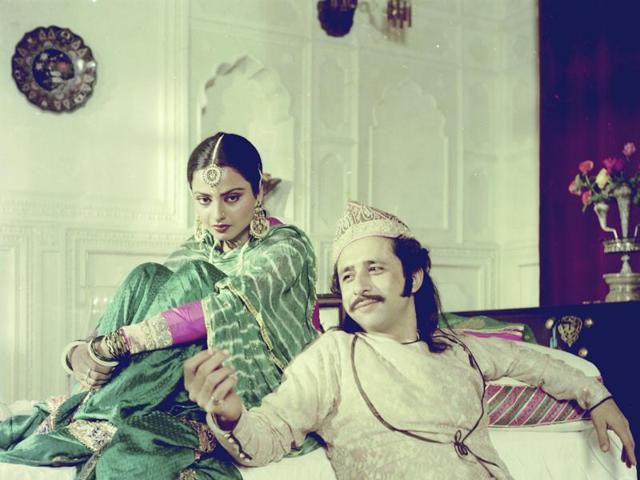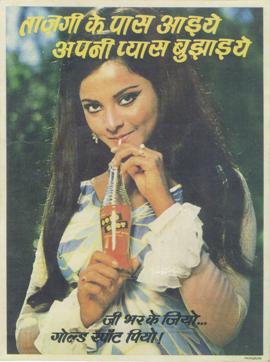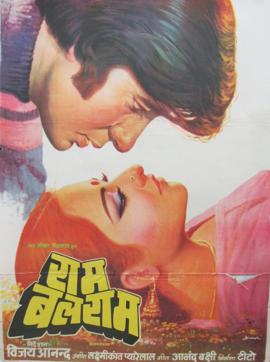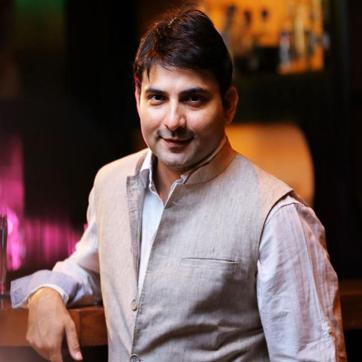New book on Rekha looks at the Bollywood diva’s life with sympathy and awe
The young Rekha was body and slut-shamed and sexually harassed. She rose above it all to become the ultimate Hindi film leading lady. Yasser Usman, author of a new book on the star writes that Bollywood’s cruelty pushed her to become a recluse
I never was a huge Rekha fan. She wasn’t high up in the pecking order of Bollywood stars for a child of the 1980s. But I am intrigued, even moved, by her: Rekha seems wracked by loneliness and sadness, but it wasn’t always this way. Something drastic happened around 1990 that fundamentally changed her. Rekha went from being the Kim Kardashian of the 1970s and ’80s – attention-seeking, exuberant and sexually frank to a degree not seen in India even today – to a Greta Garbo-esqe figure, tragic and reclusive. So what happened to make Rekha clam up? The exhaustion, and the trauma, of years of combating vicious sexist attacks by colleagues in the film industry and the press, at a scale unimaginable today, had finally caught up with her. Had Bollywood ultimately managed to break Rekha?

It all started when she was born in 1954. Bhanurekha was the “illegitimate” and unacknowledged daughter of the polygamous Tamil film star Gemini Ganesan. She was unrelentingly teased in school as a “lotta”, Tamil for bastard. Such cruelty was to be her fate for years to come.

When she was pulled out of school and hustled into films in her early teens – she was even beaten by her brother when she refused – Rekha discovered that acting came with a generous dose of sexual harassment. And when she moved from Madras to Bombay in 1969 to support her bankrupt mother, Rekha was jeopardized by the absence of a father – or a godfather. In the male-dominated world of Bollywood, this gave licence to lecherous directors and producers. In her own words, “It was one of the most frightening phases of my life… Guys did try and take advantage of my vulnerability.”

Perhaps the most egregious example of the harassment – assault, really – that Rekha had to endure took place on a film set when she was fourteen. At a shoot for Anjana Safar, later renamed Do Shikari, producer Kuljeet Pal, director Raja Nawathe and lead actor Biswajeet conspired to force Rekha into a kissing scene. When the director called “action”, Biswajeet grabbed Rekha and forced himself on her while the camera was rolling. The director didn’t call “cut” for five long minutes. Rekha couldn’t protest for fear of the consequences; and rather than being damned and proceeded against by the law, the producer was celebrated for the discovery of a “bold sex kitten”, that most obnoxious of phrases.
If this wasn’t outrageous enough, consider the harrowing body-shaming Rekha was subjected to. Her 33-inch waist was a source of mirth and much commented on, as was the colour of her skin. For instance, when Kuljeet Pal cast Rekha for his film, the actor Raaj Kumar, of Mother India and Waqt fame, reportedly remarked to the Nairobi-based Pal, “You’re from Africa. No wonder you like black girls!” Similarly, when Navin Nischol found out that Rekha had been signed as his co-star for Sawan Bhadon, he complained to the producer: “From where did you pick out this namoona [character]? Itni kaali-kalooti [So dark and ugly]!” Even the great Shashi Kapoor, who was later a good friend to Rekha, harshly remarked at the premier of one of her early films, “How is this dark, plump and gauche actress ever going to make it?”

That Rekha seems lost in public memory; she underwent a dramatic makeover and weight-loss in the years after she met Amitabh Bachchan. But during those days of humiliation, Rekha put up a brave front. She withstood the shaming and ridicule, and even the demeaning body-painting to make her skin lighter in films. She later said that though she felt “deeply hurt” at the time, it also steeled her resolve to “make it big”. Indeed, Rekha was irrepressible. And this, perhaps, unsettled people even more. How dare she be so unaffected?
Rekha’s sexual openness, too, was revolutionary, even by modern standards, and won her yet more ire. It is impossible to imagine a young starlet today saying some of the things Rekha said four decades ago: “You can’t come close, really close, to a man without making love”, “It is sheer fluke that I have never got pregnant so far” and “Premarital sex is very natural. And all those prudes who say that a single woman should have sex only on her suhaag raat are talking bull”! Rekha was totally open about being sexual and about her boyfriends. But the backlash for her candour – and sexual independence – was immense, and painful.
Read more: Aditya Roy Kapur ‘better actor’ after working with Rekha for 3 days
Rekha’s reported first marriage to Vinod Mehra in the early ’70s ended – and the humiliating details were splashed all over the press – with a violent confrontation with her mother-in-law on the landing outside Vinod’s apartment, before Rekha could even cross the threshold. Mrs Mehra, in Rekha’s words, couldn’t stand her “rotten past and reputation for being a sex maniac”.
In typically sexist style, the film industry and the press repeatedly singled out Rekha and maligned her, never her partners, for her supposed relationships. After reports of affairs with Jeetendra, Dharmendra, Sunil Dutt and Amitabh Bachchan, among others, Rekha was projected as a woman who posed a “threat” to the happiness of married couples in Bollywood. The press uninventively called her a “man eater” and a “nymphomaniac”. Even someone of Nargis Dutt’s stature unwisely pitched in: “She gives the impression to men that she is easily available... I’ve worked with a lot of children with a lot of psychological problems in my time. She’s lost. She needs a strong man.” Dimple Kapadia was pithy and direct: “Stay away from my husband,” she said, as if her husband Rajesh Khanna had no agency in the matter. Even with no one seemingly on her side, Rekha went on to become a superstar, and the highest paid actress of her time.

But perhaps the most devastating blow, the proverbial last straw, was the reaction to the suicide, in 1990, of Mukesh Agarwal, Rekha’s estranged husband of a few months who had been clinically depressed for years. In spite of Rekha having worked in Bollywood for two decades by that time, Shashi Kapoor was the only industry insider who condoled with her. The rest were either coldly silent or nastily and baselessly blamed Rekha for the suicide. Subhash Ghai railed: “Rekha has put such a blot on the face of the film industry... No conscientious director will work with her ever again.” A prominent male co-star thundered: “She’s become the national vamp. Professionally and personally, I think its curtains for her. I mean I don’t know how will I react to her if I come face to face with her”. Film magazines tried to implicate Rekha using flimsy and unverified trivia like that Mukesh hanged himself using her dupatta, and ran irresponsible and scurrilous headlines like “The Black Widow” and “How Rekha drove Mukesh to Attempt Suicide”. Her film that was playing at that time, Sheshnaag, was boycotted, and vandals blackened her face on its posters.

Watch: An interview with Yasser Usman on Rekha’s life and times
Rekha, understandably, withdrew deep into a shell after this witch-hunt. And who could blame her? Her shocking story seems without parallel. Bollywood just couldn’t stomach the idea of an outspoken, sexually independent and successful woman. And so they chipped away at her till she clammed up and became the recluse we know today. Order was restored once again: that troublesome and vulgar woman was nowhere to be seen. Rekha had finally been subdued and broken.



